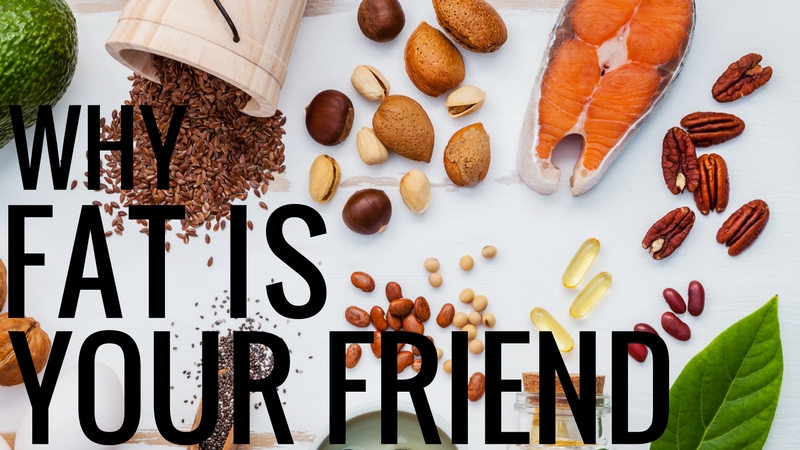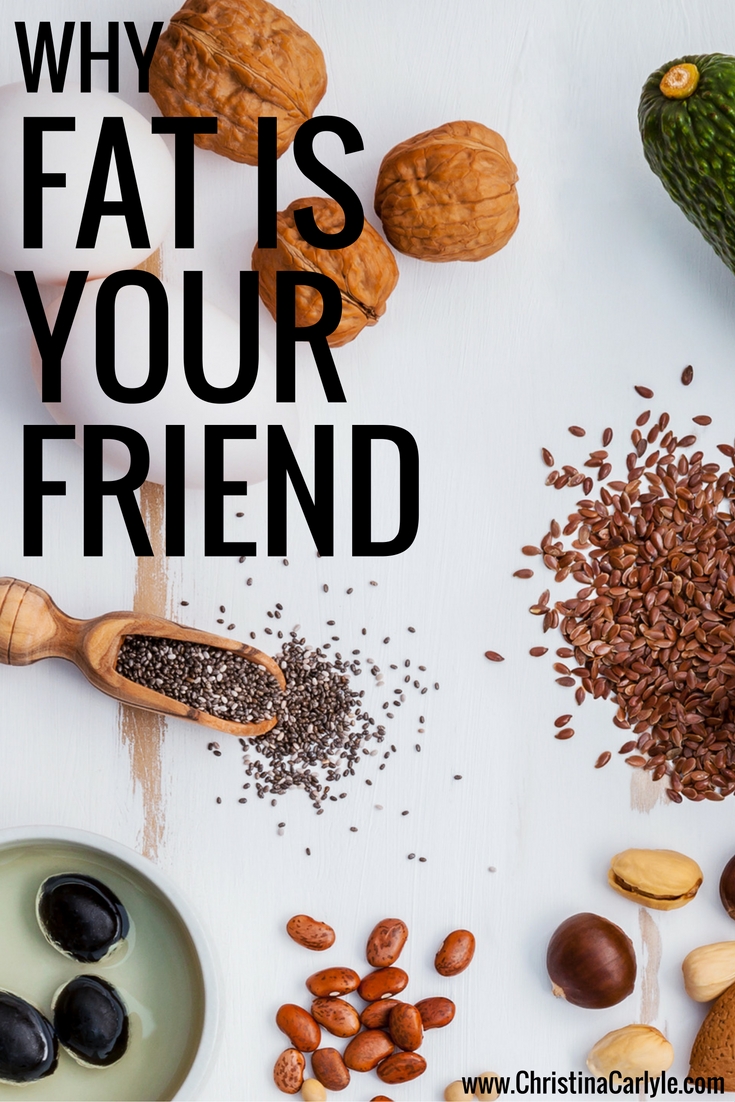Last Updated on January 28, 2019
There are so many different types of fat – Saturated, trans fats, monounsaturated and polyunsaturated, that sometimes it’s difficult to remember which are healthy and unhealthy. Hint: Never eat trans fats!
Healthy Fats
In this post, I want to break down why unsaturated fats, also known as monounsaturated and polyunsaturated fats (found in natural oils, avocado, and nuts) are extremely important for your body and crucial if you’re trying to reduce body fat.
Why are fats important?
Let’s take a second to turn away from weight loss talk and discuss the other reasons why our bodies – especially our mind – crave fats. If you didn’t know, our brains are composed of 60% fat. While the brain uses 20% of our metabolic energy [1], it’s no wonder that it needs healthy fats to keep going, stay strong and develop.
Our bodies crave fats as well. Generally, you should be consuming at least one serving per meal to keep your body satisfied. Healthy fats are also known to improve cholesterol levels and control blood sugar levels.
Healthy fats are essential to support life function. Your body absolutely will not release body fat as a fuel source, if you’re not eating enough healthy fats in your diet.
How does fat help you lose weight?
To have energy, our bodies need three macronutrients: Protein, carbohydrates, and fat. Without fat, our bodies are not able to produce enough energy to keep our metabolism from functioning properly [2]. According to research from Washington University in St. Louis, “old” fat that is stored around the belly, thighs or butt can’t be burned without consuming or creating “new” fat [3].
Some unsaturated fats are called essential fatty acids, or EFA’s, because the body cannot make them but they are essential for sustaining your life. EFA’s are made of chains of polyunsaturated fatty acids. There are two families of EFA’s: Omega-3s and Omega-6s, which can be found in both animal and plant sources.
What types of fat are best?
The best fats are plant-based, unsaturated fats (monounsaturated and polyunsaturated as mentioned earlier). Unlike saturated fats, these ones will help fight off heart disease and can help you lose weight. My best recommendations for clean sources of healthy unsaturated fats are:
- Olive oil*
- Seeds
- Nuts
- Coconut Oil*
- Macadamia Nut Oil*
- Avocados
- Salmon *not farmed*
- Sardines, mackerel
*some oils are heated and chemically extracted making them very inflammatory and acidic… always look for virgin, cold-pressed oils.
How much fat do you need?
In order to get the recommended dose of fat per day, you should be focusing on incorporating fats to every meal. It will help you feel energized, focused, and feeling fuller between meals. The serving sizes for liquids and solid fats is a little different…
Have 1 serving with every meal. One serving of a liquid fat (plant-based oil) is 1 tbsp. or one serving of a solid fat like (avocado, olives, nuts, seeds) is 2 tbsp. Since salmon is a fatty fish and also a protein, the suggested serving size is 4 oz.
Now that you know why fats are important, try these Healthy Avocado Pudding Recipes. You’re going to love it!
Your Coach and Biggest Cheerleader
xxoo
![]()
Pin this post so you’ll have it forever.
Resources
[1] Landau, David. “How Eating Fat Can Make You Smarter.” Greatist. 2015 http://greatist.com/eat/healthy-fats-best-foods-for-brain-health
[2] Fetters, Aleisha K. “Why You Need to Eat Fat to Burn Fat.” Livestrong. 2016 http://www.livestrong.com/article/557726-eat-fat-to-burn-fat/
[3] Dryden, Jim. “New fat is needed to clear old fat from body.” The Source. 2005 https://source.wustl.edu/2005/05/new-fat-is-needed-to-clear-old-fat-from-body/





